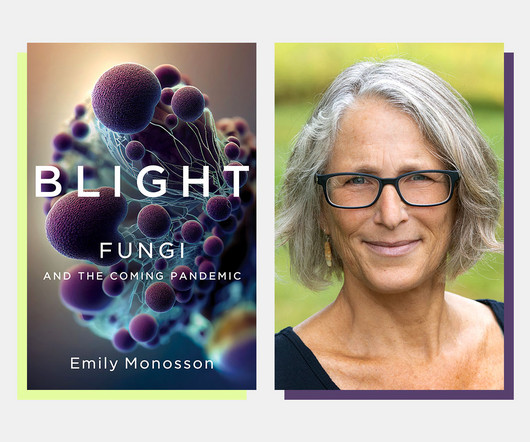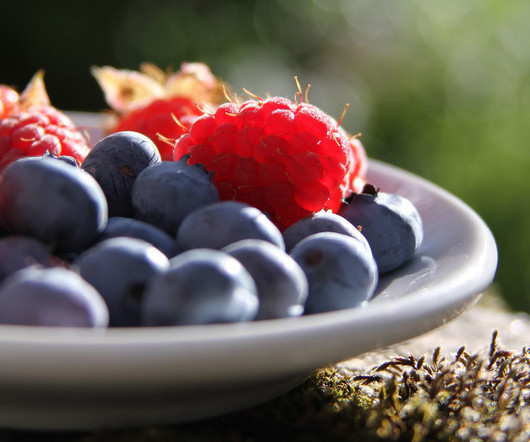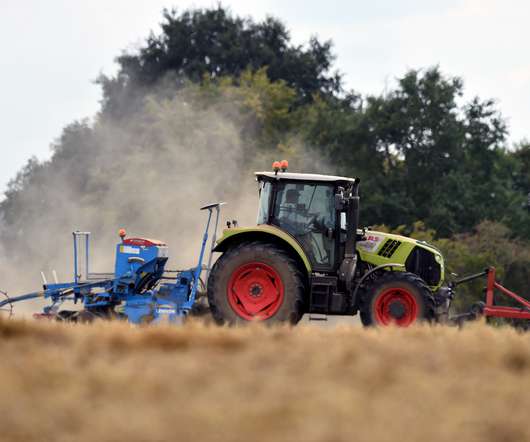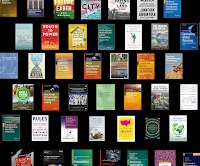The author of ‘Blight’ explains how humans supercharged fungal pathogens
Grist
JULY 17, 2023
For a lot of us, once in a while in the news we’ll hear, “Oh, we’re not going to have our bananas anymore,” or “The frogs are dying,” or “The bats are dying.” But you hear those warnings and then it goes out of the news cycle and seems like, oh, OK that was a weird thing. Why did you choose to focus on fungi this time?















Let's personalize your content